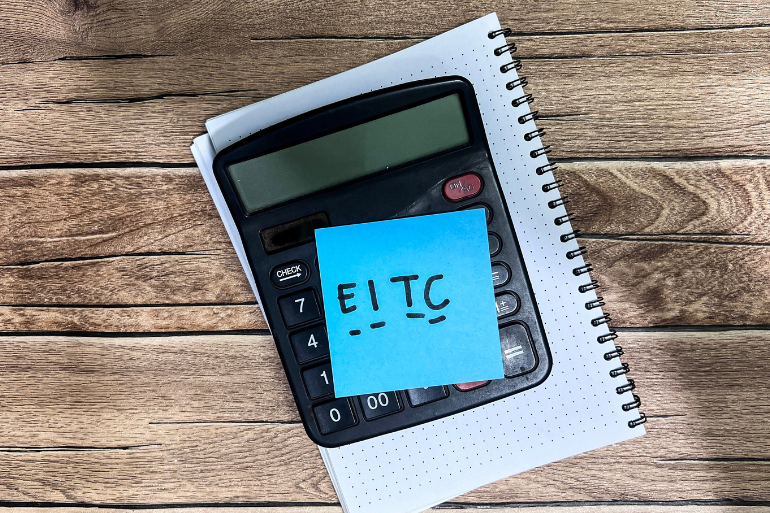Professional gaming taxes refer to federal and state tax rules that apply to income earned from esports, tournament prize money, streaming revenue, sponsorships, and merchandise. Pro gamers must report all such income on their tax returns and may be treated as self-employed for tax purposes.
Report tournament prize money as taxable income in the year received. Tournament organizers may issue information returns that the IRS matches to your return, so keep payout records and report the full amount even if taxes were not withheld.
Yes. Streaming income, including subscriptions, ad revenue, donations, and platform payments, is taxable. Streaming platforms may issue Form 1099 or 1099-K, and you must report gross receipts and allowable business expenses.
If you are treated as self-employed, net gaming income is subject to self-employment tax, which covers Social Security and Medicare. Make quarterly estimated tax payments to avoid underpayment penalties.
Sponsorships and endorsement payments are business income and must be reported. Noncash benefits such as equipment or travel are also taxable at fair market value. Keep contracts and valuation records for tax purposes.
Yes, ordinary and necessary business expenses such as gaming hardware, cameras, software, internet costs apportioned to business use, travel to events, and tournament fees may be deductible if properly documented.
An accountant handles bookkeeping and returns, but an esports tax attorney adds legal privilege and representation for audits, IRS disputes, and complex issues like foreign prize withholding or entity selection. For pro gamers in Dallas, Fort Worth, and Frisco, combined attorney and accountant support is often ideal.
Foreign prize money can trigger withholding and foreign tax filing requirements. You may be eligible for foreign tax credits, but documentation and treaty analysis are necessary to avoid double taxation.
Forming an S corporation or LLC can make sense as income grows. Entities can provide tax planning opportunities, limit liability, and clarify sponsor relationships. Entity selection depends on income level, expense structure, and long term goals.
Respond promptly. Gather platform statements, W-2s, 1099s, payout records, and expense documentation. Consult an esports tax attorney to review notices, negotiate with the IRS, and, if needed, arrange installment agreements, penalty abatement, or other tax resolution options.
















